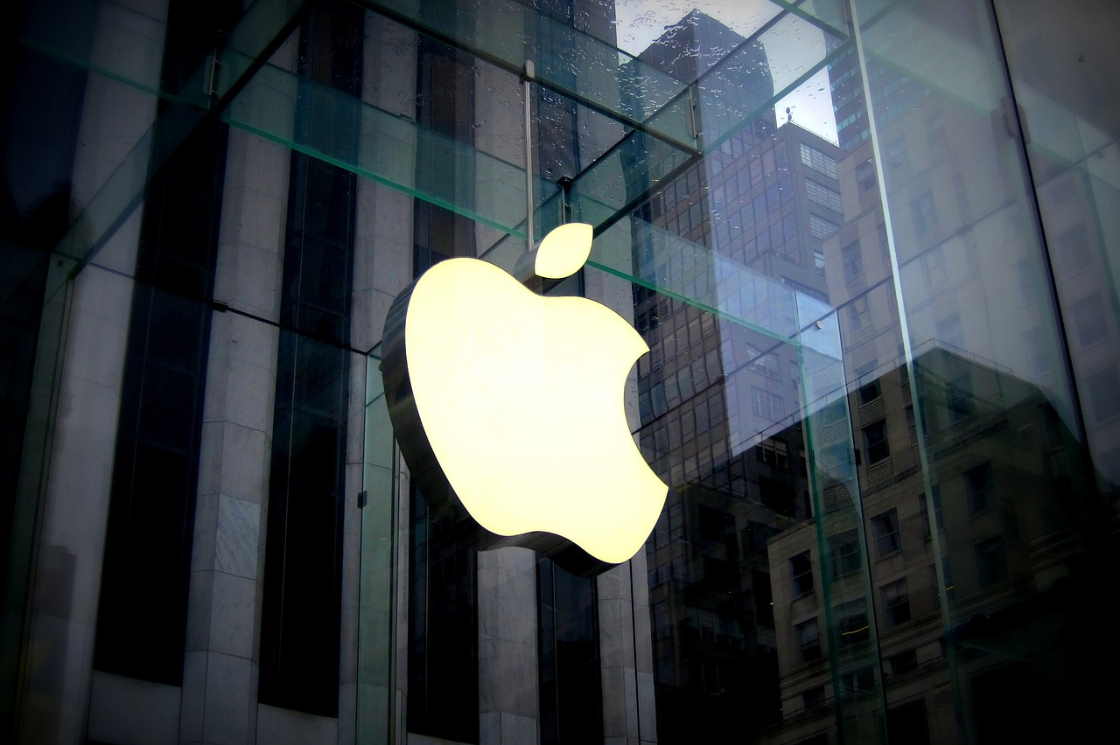
(Photo : Pixaby)
Apple has offered to invest $100 million in Indonesia following the country's decision to ban the sale of its iPhone 16 models, citing the company's failure to meet local investment requirements. This new proposal is significantly higher than Apple's original plan, which was to invest $10 million in establishing a factory for accessories and components in Bandung, West Java.
The $100 million investment would be made over the next two years, according to a statement from the Ministry of Industry released on Wednesday Indonesia's minister Agus Gumiwang Kartasasmita, who had blocked the permit allowing the sale of the iPhone 16 in October, is set to hold a meeting on Thursday to discuss the proposal.
Ministry of Industry spokesperson Febri Hendri Antoni Arif said, "we certainly appreciate Apple's intent as stated in the proposal,."
However, the company still needs to meet its earlier investment commitment of 300 billion rupiah, or $18.9 million, to meet local content requirements, the ministry said.
"This is not just about the investment amount but also about ensuring fairness for all investors and maintaining a level playing field between Indonesia and other nations. This will contribute to a conducive business climate in Indonesia," Febri said.
The statement confirmed an earlier report by Bloomberg News that Apple has increased its offer to invest in Indonesia by almost tenfold, after initially offering a close to $10 million investment to undo the sale ban.
In October, Indonesia halted the sale of Apple's iPhone 16 models after authorities stated that PT Apple Indonesia, the company's local unit, had failed to meet the required investment commitment necessary for obtaining a license to sell the new iPhone in the country. However, other Apple products are not affected by the ban.
Under an Indonesian policy designed to boost local industries and lessen reliance on imports, companies are required to fulfill specific criteria for utilizing domestically sourced goods or services. This can be achieved through various methods, such as manufacturing products, constructing factories, or fostering domestic innovation.
According to authorities, Apple has only invested 1.5 trillion rupiah (about $95 million) in the nation via developer academies, falling short of a commitment of 1.7 trillion rupiah. Indonesia has also banned sales of Alphabet Inc.'s Google Pixel phones over a similar lack of investment.
The ministry noted that Apple phone sales in Indonesia reached 2.61 million units last year, the highest in Southeast Asia. That compares to the 1.43 million units sold in Vietnam.
"Apple's estimated revenue from sales in Indonesia stands at around IDR30 trillion," Febri said when addressing the level of investment needed to develop Indonesia's digital technology economy.
The Ministry of Industry highlighted essential conditions for Apple to resume selling its products, including setting up a significantly expanded research and development division in Indonesia and incorporating local companies into its global supply chain.
Indonesia' strategy to impose bans of big giants is working in its favour as international firms are being pressurised to boost local manufacturing to benefit from the lucrative market. The strategy is also beneficial in boosting local Indonesian industries.









